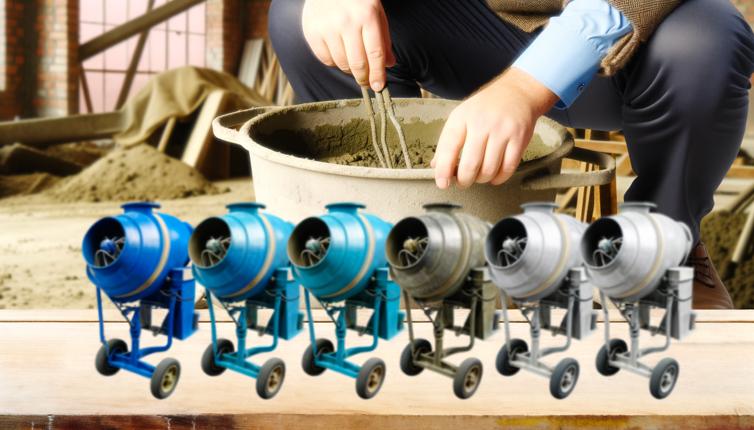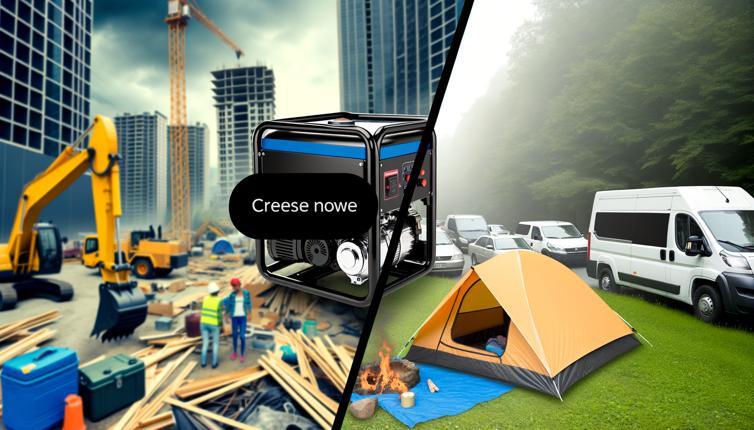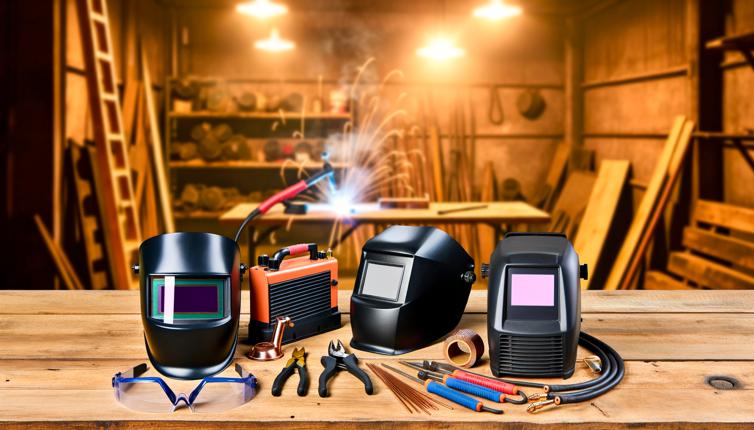Types of Concrete Mixers
There are several types of concrete mixers available in the market, each with its own advantages and disadvantages. The most common types include:,- Drum mixer: This is the most common type of concrete mixer, with a rotating drum that mixes the ingredients. It is suitable for small to medium-sized projects.,- Pan mixer: This type of mixer has a stationary pan in which the ingredients are mixed. It is ideal for smaller projects and produces a more consistent mix.,- Twin-shaft mixer: This type of mixer has two parallel shafts with mixing blades. It is suitable for large-scale projects and produces a high-quality mix.,- Reversing drum mixer: This type of mixer has a rotating drum that mixes the ingredients in one direction and then reverses to discharge the mix. It is suitable for small to medium-sized projects.
Capacity and Output
Another important consideration when choosing a concrete mixer is its capacity and output. The capacity refers to the volume of material that the mixer can hold, while the output refers to the amount of concrete that can be produced in a given time.,For smaller projects, a mixer with a capacity of around 1-2 cubic feet may be sufficient. However, for larger projects, a mixer with a capacity of 3-6 cubic feet or more may be required to ensure a continuous supply of concrete.,It is also important to consider the output of the mixer. A high-output mixer can produce more concrete in a shorter time, which can be beneficial for larger projects with tight deadlines.
Power Source
Concrete mixers can be powered by electricity, diesel, or gasoline. The choice of power source depends on the availability of resources and the specific requirements of the project.,Electric mixers are popular for smaller projects due to their ease of use and low maintenance. However, they may not be suitable for sites without access to electricity.,Diesel mixers are commonly used on construction sites as they are portable and can be easily transported. They are also more suitable for outdoor use.,Gasoline mixers are similar to diesel mixers and are commonly used in remote areas or sites without access to electricity or diesel.
Conclusion
Choosing the right concrete mixer is essential for achieving high-quality concrete and ensuring the success of your construction project. By considering factors such as the type of mixer, capacity and output, and power source, you can make an informed decision that meets your specific needs. Remember to always prioritize safety and consult with professionals if needed.









